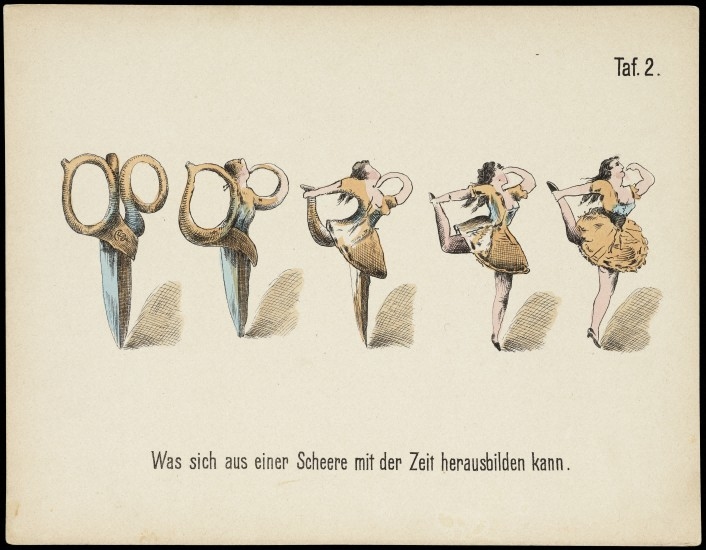Transition words

In Thai English, especially in academic articles and theses, writers often use far too many transition words.
These are used automatically and repetitively, whether they happen to fit into the sentence or not. Transitions are used to make one sentence, paragraph, or section of a thesis or academic article seem to naturally evolve from another. Using transitions well can make whatever you write seem more logical and sensible, as you present your argument in a clear and reasonable way. Yet plugging in transition words without much sense or appropriateness, which is the usual style in Thai English, only makes the writing unreadable and stuffy, as if it were written by a machine. From a young age, Thai students are taught to add these transition words in their writing by teachers who have no real sense of the English language and how it should look and sound. As a result, in Thailand transition words have become so important and over-used that some linguists have even written master’s theses on their use in the Kingdom.
Transition words
Words such as also, next, thus, therefore, instead, still, nevertheless, however, but, yet, today, now, and meanwhile are ways to connect sentences or paragraphs. In Thai English, writers often choose the longest transition words possible, to try to make a grand and serious impression. So in Thai English writing, stuffy and stately words such as moreover, subsequently, notwithstanding, and furthermore are often seen. As a matter of good writing style, if you can choose a short transition word, try to avoid selecting a longer one just to make an effect. The cumulative result of too many long words can make whatever you write unreadable. In the same way, if you can use a single short transition word, there is no need to decide on transitions that require several words, such as In the first place; in the second place; and so on. Instead of using as an illustration or in other words, you might say indeed or in fact, saying the same thing with fewer words. If you manage to say the same thing in fewer words, consider it a matter of savings, as if you had economized by finding a sale item at the shopping mall.

Making an effect
The more rarely you use transitions, the stronger effect they will have on your reader. If you let the reader know therefore, accordingly, or hence when you have a conclusion to offer, they will pay special attention, as clearly the whole purpose of your writing has been to lead up to the statements that will follow. If you use words such as therefore, accordingly, or hence in almost every sentence, readers will no longer know what is genuinely important in your argument. Make sure that the transition words used really indicate what will happen next in your writing. If you use to sum up or in short, what follows really should be in summarized form, and not take up too much space. Likewise, when to conclude or finally appear, the readers have every right to hope that your paper will very soon be finished. If it continues for much longer after such words, you may be guilty of giving them false expectations.
Starting a sentence with And or But
Some people have an impression that sentences should not really begin with conjunctions such as and or but. Generally, most authorities in grammar do not object to sentences starting this way, even in formal writing such as theses or academic articles. If you feel uneasy about the possibility that any reader might thinkyour grammar is bad, even if it is not, then you might choose a less controversial word such as yet to start sentences with. For whatever reason, readers seem to accept yet at the beginning of a sentence more easily than and or but.
Trust your own thinking.
When you reread whatever you have written, it may be that one fact and statement really does follow another and does not require transition words. If what you have written progresses in a logical way, then there is no need to add words such as equally important, in addition, in the same way, but at the same time, despite that, for all that, in contrast, in spite of, regardless, of course, as an illustration, in particular, in simpler terms, to put it differently, in the first place, subsequently, and many others. When these words are present where they are not strictly needed, they just add to the word count without helping your argument. They should not be there just because they make you feel more dignified and stately as a writer.

First or firstly?
Ordinal numbers, or numbers that indicate the position of something in a list, such as first, second, third, and so on, work as both adjectives and adverbs. An adverb usually ends with the letters ly but in the case of first, second, third, and so on there is no need for this additional ending. So there is no need to write firstly as a transition word; you can just say first. This is probably just as well, as the format can become awkward as you continue to count. In Thai English you sometimes see such words as sixthly or eighthly which are far too awkward for use in standard English. Words such as firstly sound stately and old fashioned. In academic writing it is important to be formal, but you should not sound as if you had died in the year 1880. So instead of
Firstly, if the SET index falls by 10% from the previous day’s close, all trading in listed securities will be halted for 30 minutes.
It is perfectly fine to write
First, if the SET index falls by 10% from the previous day’s close, all trading in listed securities will be halted for 30 minutes.
The second sentence quoted above is formal enough for any academic purpose and would not be improved by writing firstly instead. If for some reason you really love firstly and you would have no more sanook in your project if it is absent from your writing, then be sure to use it consistently. It would be wrong to write firstly, and then continue with second, and third, for example.

If you must add the ly, then you may say either firstly, secondly, and thirdly or first, secondly, and thirdly. Or you may just decide it is not worth the trouble, and stick to first, second and third. Along these lines, there is no excuse for a sentence in Thai English such as the following:
The Senate firstly originated in Thailand in the form of Council of State and Privy Council in the reign of King Chulalongkorn (Rama V).
In standard English, this should be:
The Senate first originated in Thailand in the form of Council of State and Privy Council in the reign of King Chulalongkorn (Rama V).
Indeed, since the word originated means something began or was created, there is no need to use the word first at all, since leaving it out would not alter the meaning of the sentence:
The Senate originated in Thailand in the form of Council of State and Privy Council in the reign of King Chulalongkorn (Rama V).
By avoiding such stuffiness and redundancy, you can improve your writing considerably. A typical sentence such as the following in Thai English is long enough without adding the extra ly:
Sixthly, although Thai patent law was already legislated in accordance with international treaties and the demands of developed countries, drafters of the amended or new patent law should not forget that Thailand is still a developing country with lesser technological and, research and development resources to spur new innovations than developed countries.
It would be almost as long, and mean the same, if written instead:
Sixth, although Thai patent law was already legislated in accordance with international treaties and the demands of developed countries, drafters of the amended or new patent law should not forget that Thailand is still a developing country with lesser technological and, research and development resources to spur new innovations than developed countries.
All too often Thai English theses are organized along the lines of
There are sixty-four important things to remember
and then the writer resolutely and insistently tells the reader all sixty-four, one by one, until the reader drops down from boredom and fatigue. While this can be an appropriate way of organizing your writing, it is not the only way.

In the end, finally, at last, and eventually?
Is there a difference between the transition words In the end, finally, at last, and eventually? They basically mean the same thing. In the end and finally tend to suggest that after a very long process, something happened. At last and eventually also indicate that it was necessary to wait for things to happen, but there is less of a sense of a painful amount of time going by before whatever it is occurred.
(all images courtesy of Wikimedia Commons)
